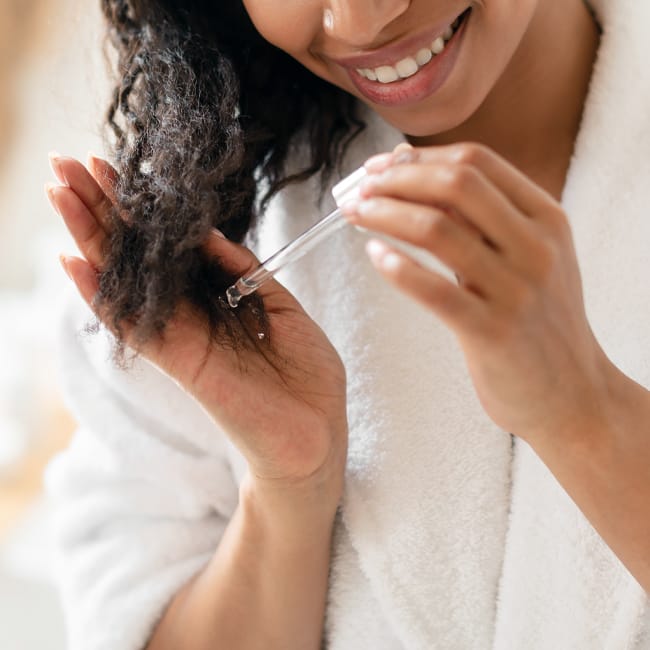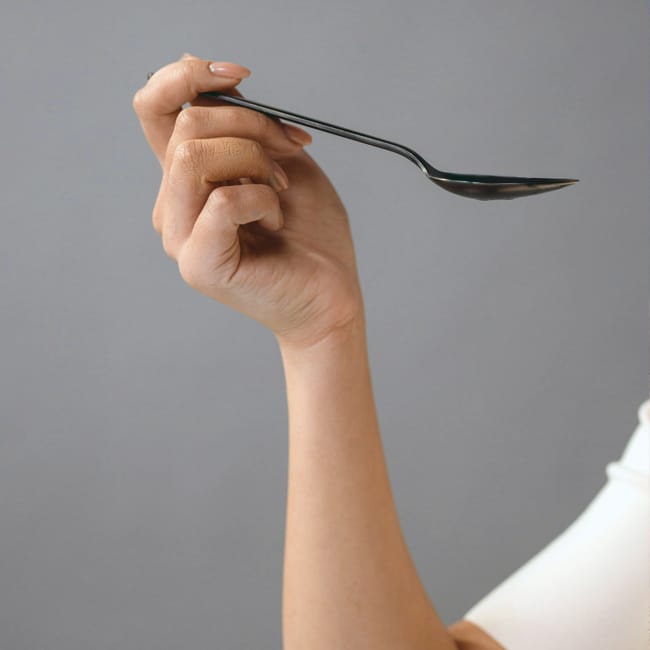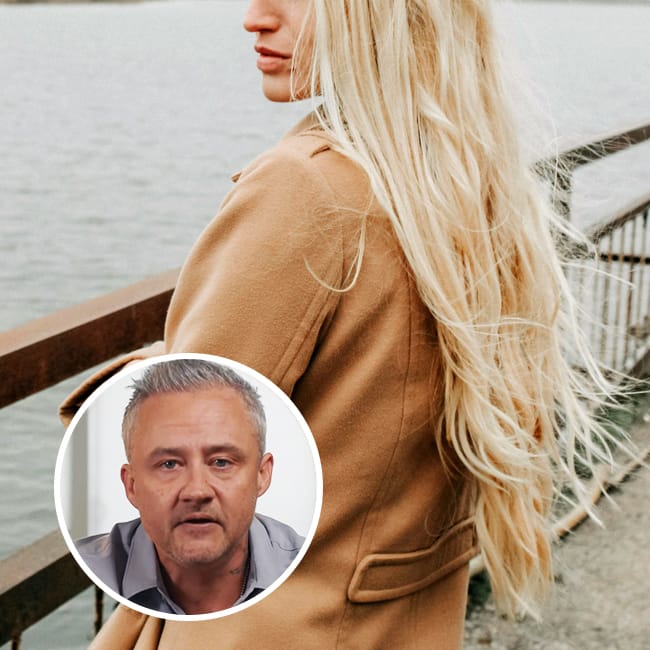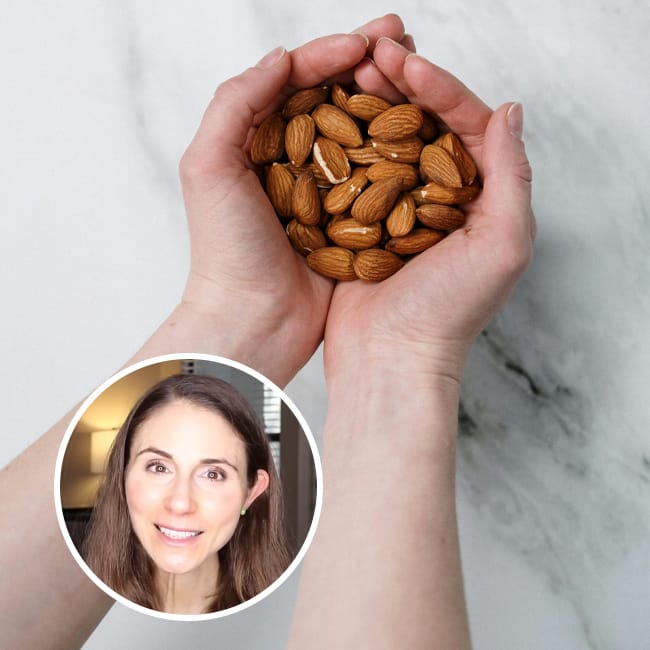This is an archived article and the information in the story may be outdated. Please check the time stamp on the story to see when it was updated last.
Thinning hair may be a natural side effect of growing older, but there are also products, styles, and key lifestyle issues that could be exacerbating the issue and leading to an expedited rate of hair loss. If you’ve begun to notice thinning at your scalp and are unsure which aspect of your day to day life is to be determined as the root cause, it’s more than likely that you should be looking to your diet before anything else, as there are certain foods which can have a profound impact on the strength and health of your hair.
More specifically, a lack of certain micronutrients has been pinpointed as a cause of hair thinning and loss, particularly depending on if you follow a restrictive diet. We spoke with Dr. Dominic Burg, the chief scientist, hair biologist, microbiologist and trichologist for evolis Professional to find out what nutrients you should be including in your diet for healthier hair, and these were his thoughts.


Zinc
Above all, Dr. Burg explained that zinc was one nutrient which may be lacking in vegetarian and vegan diets which is essential for hair growth and could explain thinning and fallout. “As we tend to move away from meat-based diets and try to include more plants, or exclusively move to plants, not only does our zinc intake decrease, but our requirements for zinc intake actually increase by 50%,” he explains.
Although a plant-based diet is undeniably great for the body on the whole, cutting out meat does eliminate a few key nutrients which can make a profound impact on your appearance. “Zinc is critical for hair growth, so if you are not getting enough, or not supplementing zinc, then you are at risk of increased hair fall and decreased growth and quality,” Dr. Burg adds.
Vitamin D
The primary vitamin you absorb from the sun, vitamin D is another micronutrient that may be lacking in a plant-based diet and is essential for hair growth. “We do make vitamin D in our skin, but many of us don’t get enough good quality sunlight daily. Vitamin D is not only important for bones, but also for helping hair regeneration in the hair cycle,” Dr. Burg notes. “If we’re lacking vitamin D then our hair cycles may not be working optimally, resulting in hair loss and thinning.”
Adding foods such as fatty fish, cheese, and eggs into your diet can help to increase your vitamin D intake, but a supplement may also be useful in these cases to preserve the strands you have while reducing the risk of fallout.

What to do about it
The good news is that if your hair loss is related to a lack of nutrients, simply replacing them in your diet will remedy the issue and promote healthier and stronger strands moving forward. While you can’t expect to see changes overnight, continuing to eat a variety of zinc and vitamin D rich foods will eventually grow back your hair better than before, so it’s important to stick to these changes to see the best results.
However, if your fallout stems from other causes such as tension from a tight hairstyle that you’ve worn daily over the years, Dr. Burg warns that this is much more difficult to bounce back from as the strands have been broken down from the root. It’s in these cases that you should be cognizant of switching up your hairstyles to avoid hair breakdown.
Although hair loss is a natural part of life, noticing balding and thinning patches does not have to be. Keeping a balanced diet complete with ample nutrients is one of the best ways to preserve the strength of your hair, and even integrating vitamin D and zinc supplements may be of use for both your body and your locks. Of course you should always check with a medical professional before adding a new supplement into your routine, but this may ultimately make the difference between weak, fragile locks and a thick, full head of hair. It’s never too late to start eating the foods which have been known to promote beautiful strands.


























